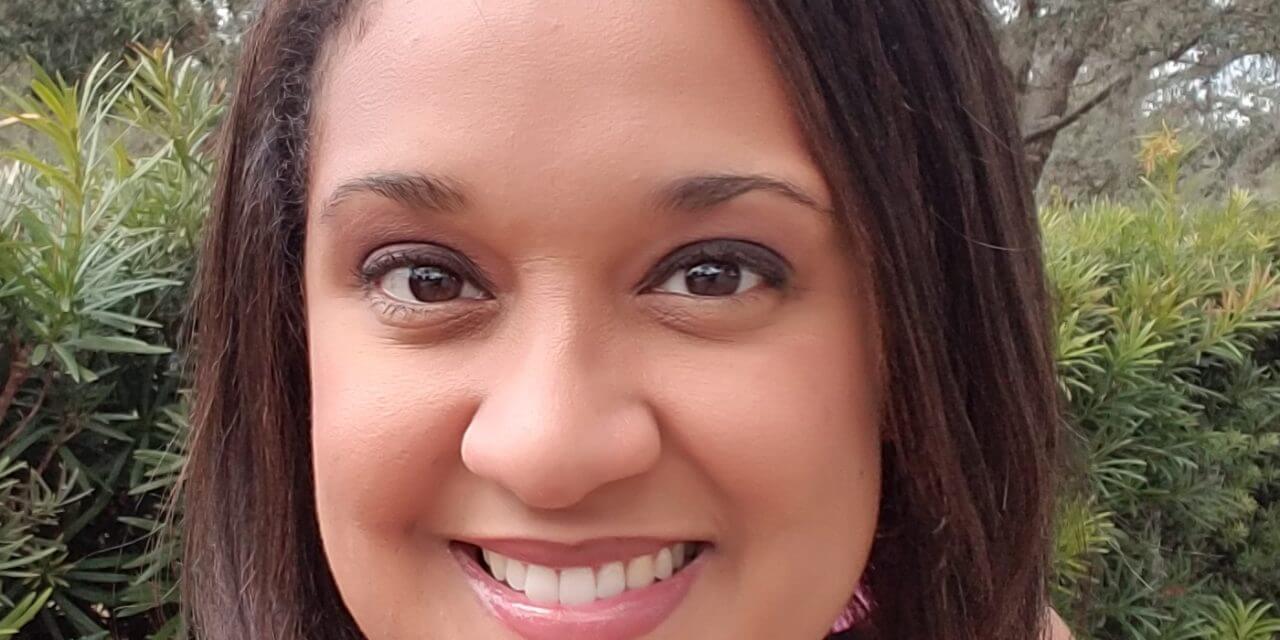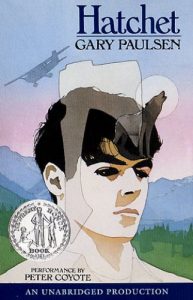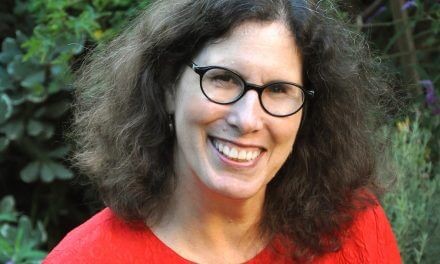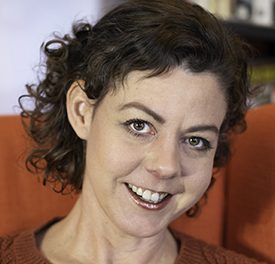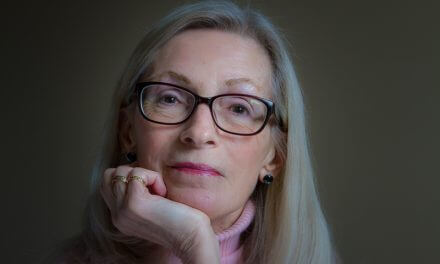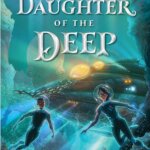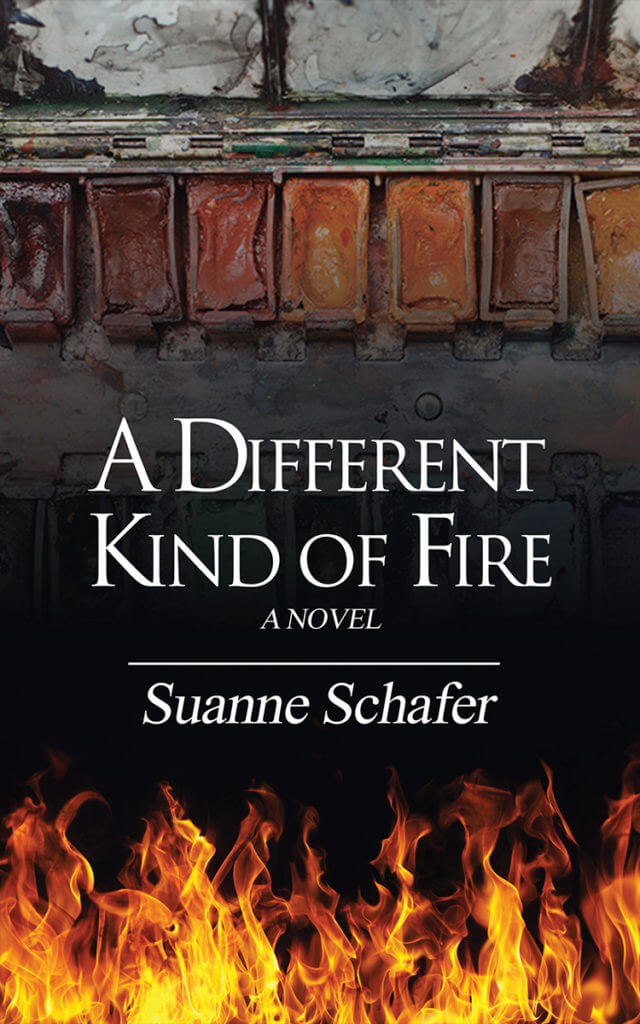I’m having a Corona-safe interview via the internet with Carolyn M. Walker today. She is a California native and lover of all things literary. An avid reader, she enjoys new and exciting reads. As an avid storyteller, her mission is to bring that same joy to her beloved readers. After earning her Bachelors in English Literature and Psychology, Carolyn penned the draft for her first fiction novel and hasn’t looked back since. Aside from writing, Carolyn is also passionate about art, food, travel, history, and music. Carolyn now lives in sunny Florida with her husband and daughter. Carolyn’s original debut Urban Fantasy, Immortal Descent, is the first installment in her Immortal Series. It has since been followed by book two, Immortal Delirium.
SS: Carolyn, can you share a bit about your background?
CMW: I come from a family of writers. My mother was a journalist, my father a sci-fi short story writer, my brothers and sisters, all writers, one published as well. Words are my tools of the trade. Growing up, I always had my nose in a book and literature is something I will respect forever. I’m from the west coast (California) and now I live on the east coast (Florida). As a child of a Navy family, we moved a lot. This helped to shape my perspective on the ever-changing world, and I love to incorporate a lot of setting description in my writing.
SS: We moved a lot when I was a child. I lived in twenty-two towns by the time I was twenty-four months old. What did you want to grow up to be as a child? Has that child’s desire appeared in your work?
CMW: When I was five, I told my kindergarten teacher I wanted to be a dentist because it sounded cool. I had no idea what that was back then. Ha! As I grew and learned that stories were amazing things, I decided from a super early age that I wanted to be a writer. It seems I made that a reality. Other things I’m interested in certainly show up in my writing, like art and travel. I also love psychology and psychological thrillers are my favorite type of genre to read. I aspire to write stories that touch on those elements too.
SS: Have you always been driven to write? Or did you begin writing in response to a particular stimulus?
CMW: Without a doubt, yes. It has always been a part of my life from the moment I knew how to form words into sentences and then turn those sentences into stories. I proudly wrote my first short story at the age of six! It was one page long but a story nonetheless!
SS: What was an early experience where you learned that language had power?
CMW: I distinctly remember when I was about six and my mom set me down at the kitchen table with some blank paper and a pack of those fat crayons for young kids. I began scribbling and soon started practicing my name. Eventually I began doodling illustrations and making captions for the pictures. I told my mom I wanted to write stories. It was then that I was moved by the power of words. Even then I knew they were something magical.
SS: What in your childhood contributed to you becoming a writer?
CMW: My mom always encouraged me to read and write. Every birthday, holiday, or excuse to give me a gift, she’d buy me gorgeous leather-bound journals with fountain pens, and beautiful stationery sets. She had a vast home library (enough to rival a small privately-owned bookshop) right in our home, so I had endless access to amazing works from an early age. I read ancients, classics, contemporaries, and anything else I could get my hands on. I read things ranging from Plato to Shakespeare, from CS Lewis to Stephen King. There was no end to the world of books around me, and I definitely think that shaped me into being a lover of books and words. When I studied English literature in College I was so at home it was insane.
SS: What’s the first book that made you cry? Made you angry? Made you rejoice?

SS: Did anything in your past push you to write about your book and the conflict(s) in it?
CMW: But of course. I think our lives shape us in reality and in the stories we write—at least for me. Certain characters are based off of people I know or knew. In my stories, the conflicts that my characters experience might mirror ones within myself or of people I know.
SS: What literary pilgrimages have you made?
CMW: I’ve visited all four corners of the United States. I haven’t travelled abroad to my liking yet. I cannot wait to add those experiences to my repertoire so I can include those new and exciting details in my future works.
SS: What would you say is your biggest failure in life? Has it appeared in your works?
CMW: Failure is such a heavy word. I have struggled immensely with doubting myself and questioning my worthiness as a contributor. I say contributor because strangely I don’t doubt myself as a writer. I question my ability as a contributor to the world of literature. I wonder how I’ll be received and what kind of difference I’ll make to others. Making a difference in the lives of those I touch matters to me. It is why I write. I want to reach others and make a difference through my words. I think that the fears I have in doubting myself have been a “failure” of sorts—allowing that doubt to define me at times. I work to conquer it and know one day I will be fully at peace being who I can only be: me.
SS: Writing is undoubtedly a lonely occupation. John Green (The Fault in Our Stars) says writing is a profession for introverts who want to tell you a story but don’t want to make eye contact while doing it. P. D. James (Cover Her Face) says it’s essential for writers to enjoy their own company. Do you see yourself along those lines? Are you a natural loner?
CMW: Writing can be lonely yes, but I see it as an occupation that demands full attention, which justifies it. Just as a psychologist must fully focus on their patient, or a farmer must fully focus energies on the crops they tend to, or a fitness trainer can only help one client strengthen one session at a time, writing requires direct and undivided attention. This makes it solitary and focused. To me, this is wonderful. It is a moment to become one with the craft and truly become lost in the elements.
I wouldn’t say it’s a profession just for introverts. I can be a loner, but at the root I identify as an extravert. I can look anyone in the eye all day long. The question is do I want to? My greatest qualities are moving a crowd. I am at my best when I am guiding others and sharing moments with others. I thrive on human contact in a way that makes me one of the most personable individuals around. And while I love interacting with others, I don’t need it. I think that’s the key. I want to interact, but I don’t need to. Yes, writers must be able to enjoy their own company because they must be able to dig deep within themselves without any interference. It comes from a high comfort level with oneself. I believe I have that, and it makes me able to focus on my work with the complete belief that I can. For me, that’s the most natural thing and it works for me as a writer!
SS: Do your books carry a message? If so, what would you say it is?
CMW: My books have one thing in common: they address things of the human condition. Emotion, character struggles, flaws, friendship. I think these things are the lifeblood of so much and I love exploring these themes in my writing.
********************
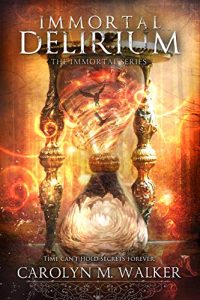
********************
Carolyn can be found on social media here:
